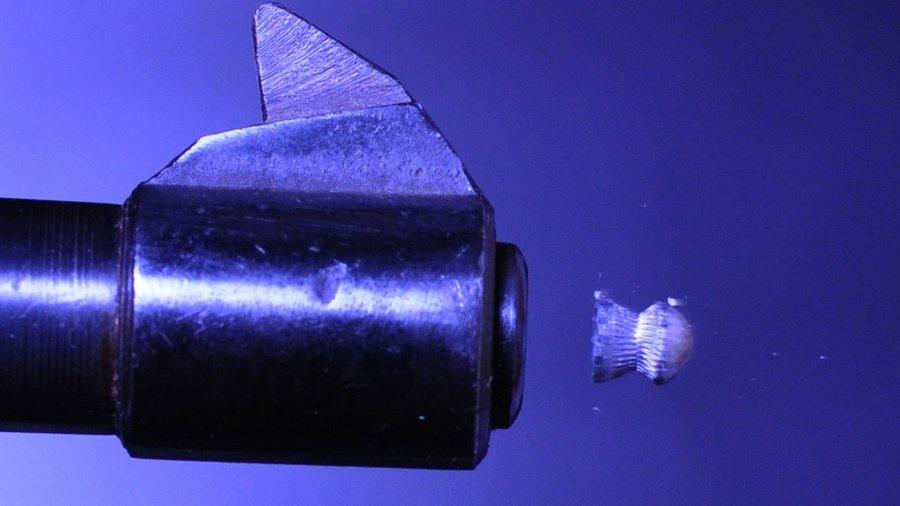Opinions sought on air gun controls
- Published
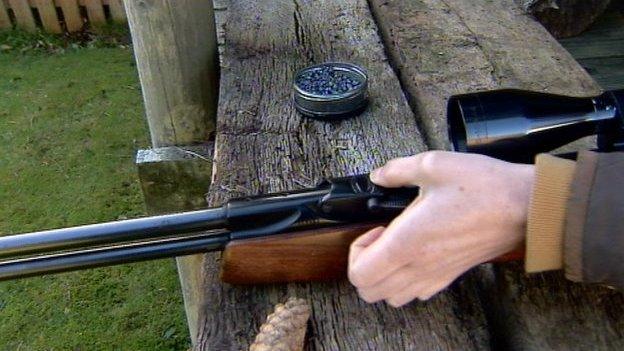
There are thought to be about 500,000 air weapons in Scotland
A Holyrood committee is seeking opinions on a new bill which would introduce tougher restrictions on air weapons in Scotland.
The Air Weapons and Licensing (Scotland) Bill, external would require anyone who owns an airgun to have a licence.
The bill will also change the licensing of alcohol, taxis, lap dancing clubs and scrap metal dealerships.
MSPs on the Local Government and Regeneration Committee, external have launched a call for evidence.
Committee Convener Kevin Stewart said the committee was seeking the views of all of those with an interest in the bill.
Its call for evidence is open until 29 September. The committee will then begin to hear oral evidence later in the year.
Mr Stewart said: "We are aware there is considerable interest from both sides of the debate on the licensing of air weapons as well as the other aspects of this bill. We are seeking information and views to inform our work in scrutinising these proposals.
"This bill will affect every person in Scotland. It is a broad bill that seeks to amend the existing licensing arrangements in many areas, not least alcohol, taxis and private hire cars and public entertainment venues.
"Our committee wants to hear how these changes will improve lives. We also want to understand what these changes will mean in practice for you as an individual, or a business."
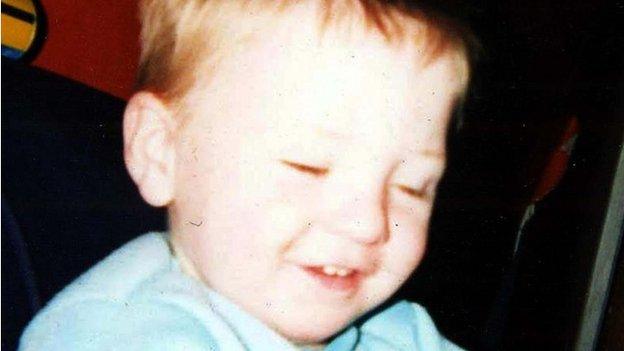
Andrew Morton was killed after being shot in the head by an airgun in 2005
There are an estimated 500,000 air weapons in Scotland.
The new bill was introduced in May with a view to "strengthen and improve aspects of locally led alcohol and civic government licensing in order to preserve public order and safety, reduce crime, and to advance public health."
The proposals came after a long-running campaign by the Scottish government to crack down on the misuse of airguns.
It followed the death of two-year-old Andrew Morton, who was shot in the head with an airgun in Glasgow in 2005.
Under the bill, anyone wanting to own an air gun would need to demonstrate they had a legitimate reason for doing so.
These reasons may include pest control, sporting target shooting, or being a collector.
The committee said it was keen to get information on all aspects of the bill including:
Air Weapons
In what ways will the creation of an air weapons licensing system in Scotland contribute to preserving public order and safety, reducing crime and advancing public health policy?
Is their sufficient provision, or sufficient capacity to provide, suitable numbers of air weapons clubs across all areas of Scotland for use by registered air weapons owners/users?
How will the air weapons licensing system affect those using air weapons for personal/recreational reasons?
Alcohol Licensing
In what ways will the provisions on alcohol licensing allow for reductions in crime and the preservation of public order?
Is there any other measures which should be taken to assist in this regard?
What ways will the provisions in the bill enhance the licensing objectives as set out in the 2005 Act?
Have there been any unintended consequences arising from the 2005 Act, for example impacts on rural areas, or the economic regeneration of areas?
Which, if any, types of spent relevant offences should require to be disclosed and what do you think the benefits of disclosure will be?
Taxi and Private Hire Vehicles
What benefits should the licensing of taxis and private hire cars deliver for customers?
In what ways do customers, providers of taxi/private hire car services and local authorities benefit from the two-tier licensing regime for taxis and private hire cars?
The government states a radical overhaul of the current two-tier licensing regime would "clearly require a very high level of resource and would cause significant disruption for the trade, local authorities, the police and ultimately the travelling public". What are your views on this and would the potential benefits of a unified system?
The Scottish government carried out a consultation, external on setting up a licensing system for air weapons in 2012.
An overwhelming majority - 87% - of those who responded to the consultation opposed the plan, with some describing it as "draconian" and "heavy-handed".
But the proposals were welcomed by police and victim groups.
- Published15 May 2014
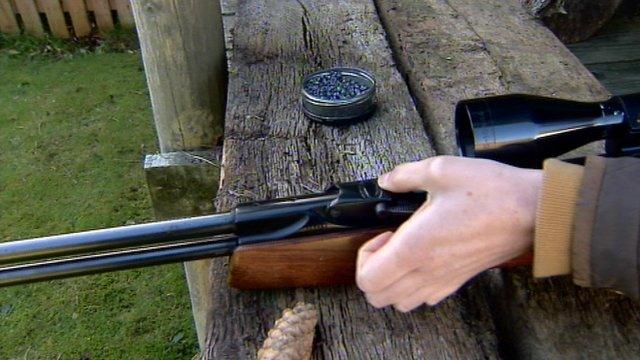
- Published14 October 2013

- Published19 July 2013
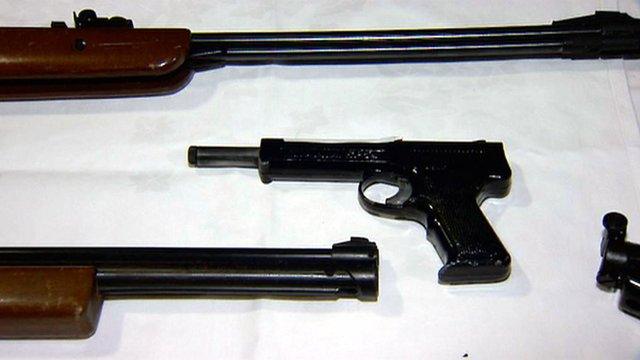
- Published14 December 2012
